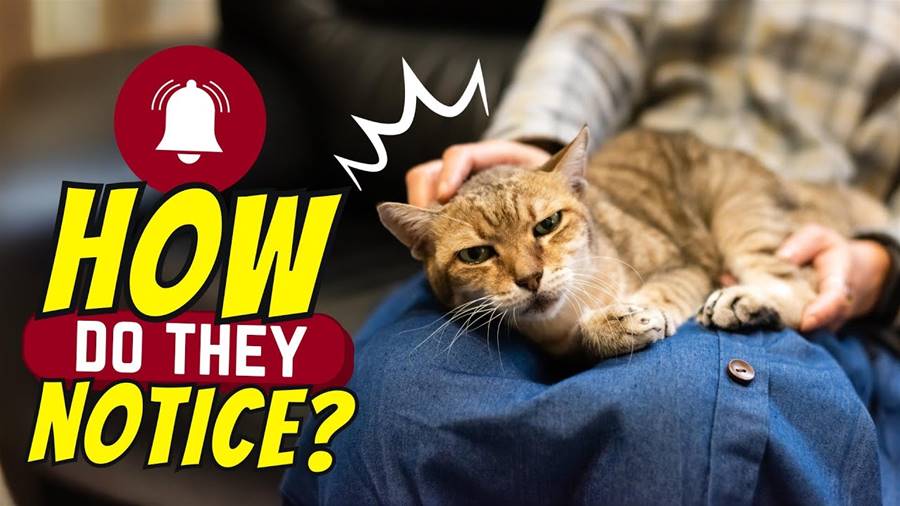
Cats are known for their ability to perceive the emotions of their human companions. This article explores 11 ways in which cats can detect when their owners are having a bad day.
Firstly, cats are extremely observant creatures. They have a keen sense of awareness and notice subtle changes in their owner's behavior. If their human is feeling down, cats can pick up on the subtle cues and respond accordingly. They might approach their owner more often or cuddle up next to them, offering comfort and support.
Secondly, cats are known to mimic the moods of their owners. If their human is feeling upset or stressed, cats can pick up on these negative vibes and reflect them back. For instance, they might become more withdrawn or display unusual behavior. This mirroring is a way for cats to empathize with their owners and provide them with solace.
Thirdly, cats are highly perceptive to changes in their environment. They can sense when their owner's energy is low or when the atmosphere in the house is tense.
Cats will often respond to these cues by adjusting their own behavior. They might become more affectionate or offer gentle head bumps to show their support.
Fourthly, cats are instinctively attuned to their owner's body language. They can detect changes in facial expressions, posture, and even breathing patterns. When their human is feeling down, cats might respond by purring, which has a calming effect, or by rubbing against their leg in an attempt to offer comfort.
The article is not finished. Click on the next page to continue.
The article is not finished. Click on the next page to continue.
Next page


















